
03 May Top 10 things to know about our Clinical Pilates Classes
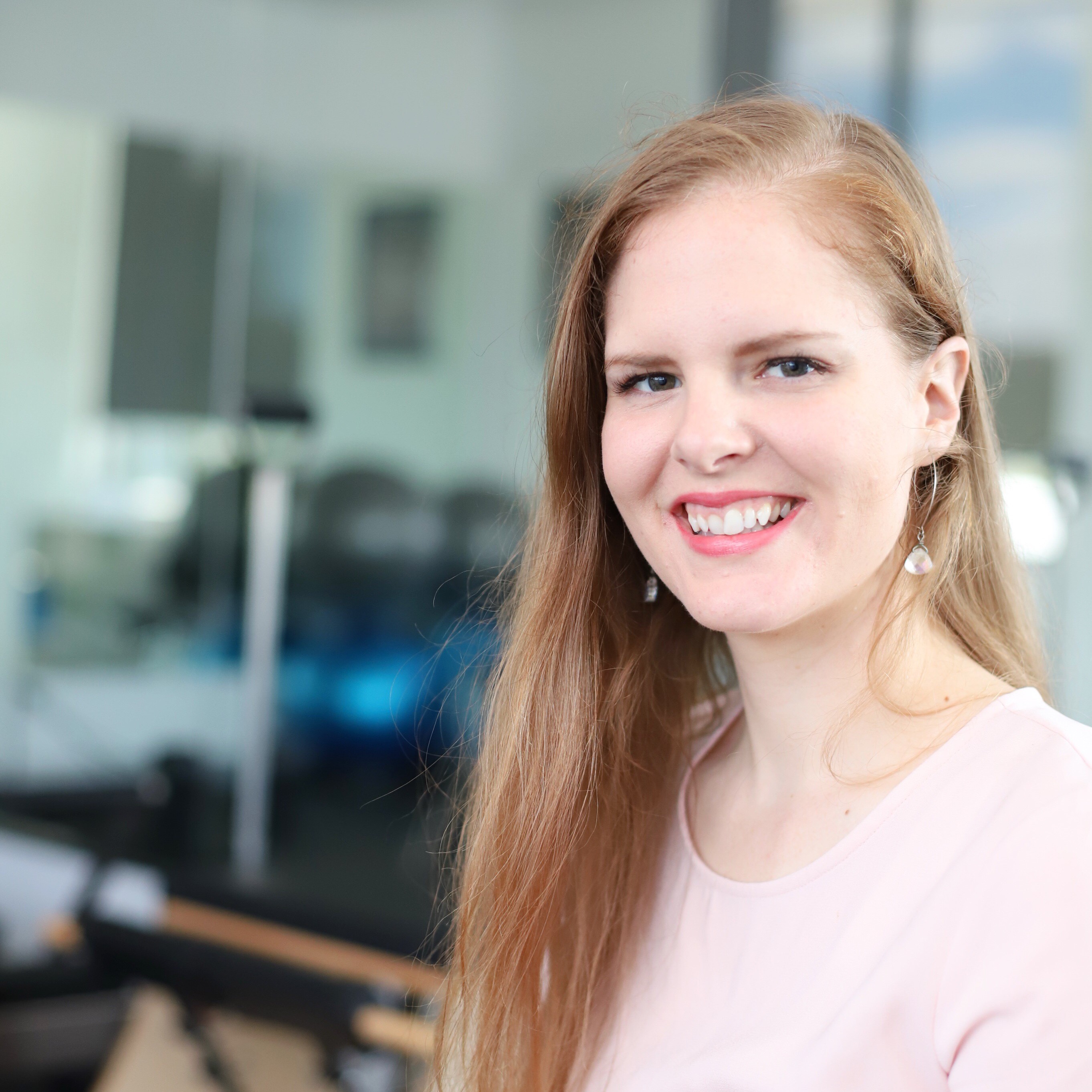
By Bess Wilkins (Physiotherapist)
Many Physiotherapy practices offer Clinical Pilates as an option to help you to recover after an injury. But what is the difference between Clinical Pilates at our practice and the Pilates class that is offered at your local gym?
1 Pilates Assessment
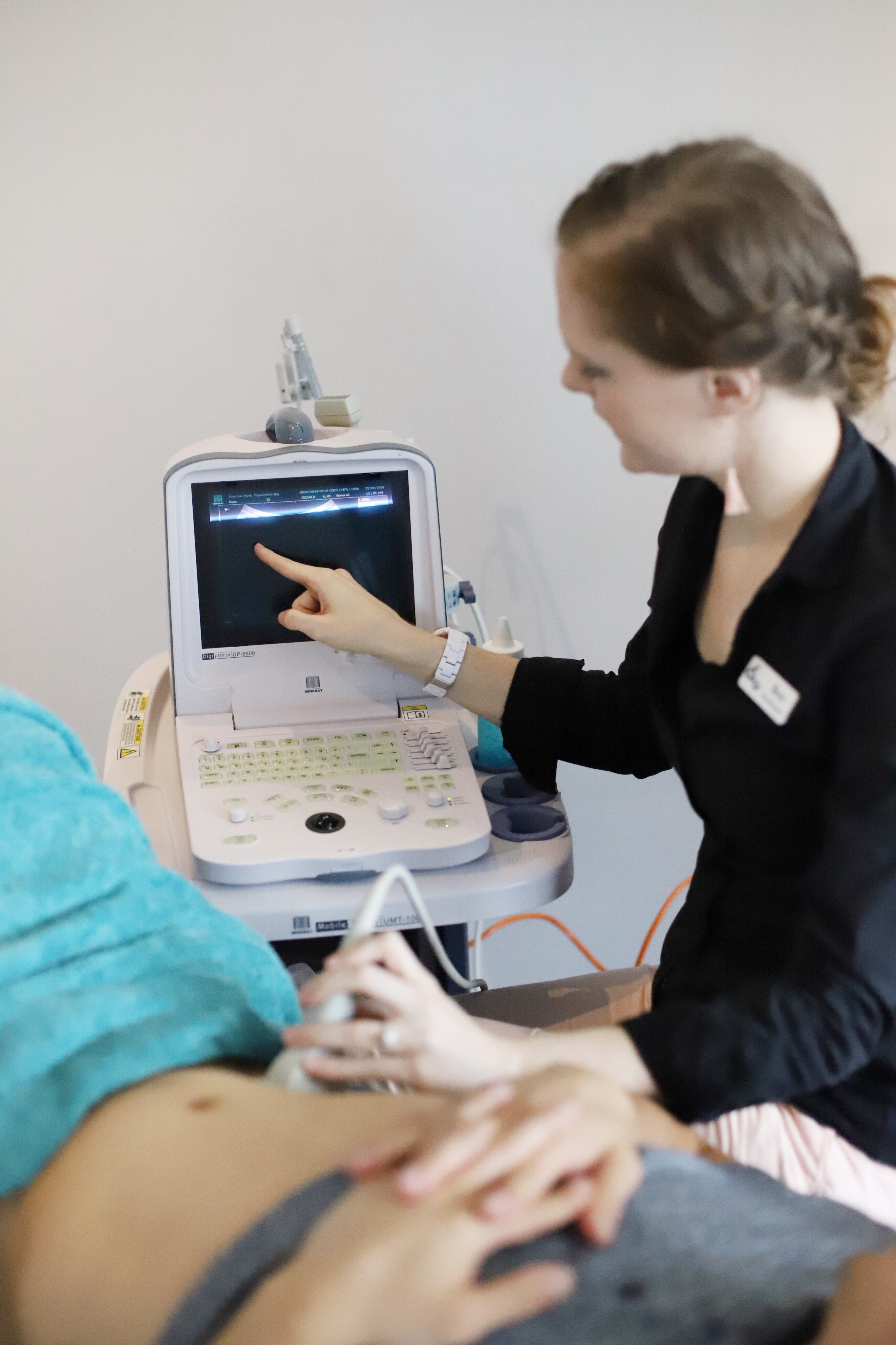
Clinical Pilates focuses on the specific and one-on-one care that needs to be given in a rehabilitation setting. We ask everyone to have a Pilates assessment so that we can properly establish your areas of focus for the Pilates class and be aware of any injuries or restrictions you may have. It is a 30 minute session looking at a variety of tests and at the end you will begin your core training and be given some exercises to take home before your next session.
2 Individual program tailored to your rehabilitation needs
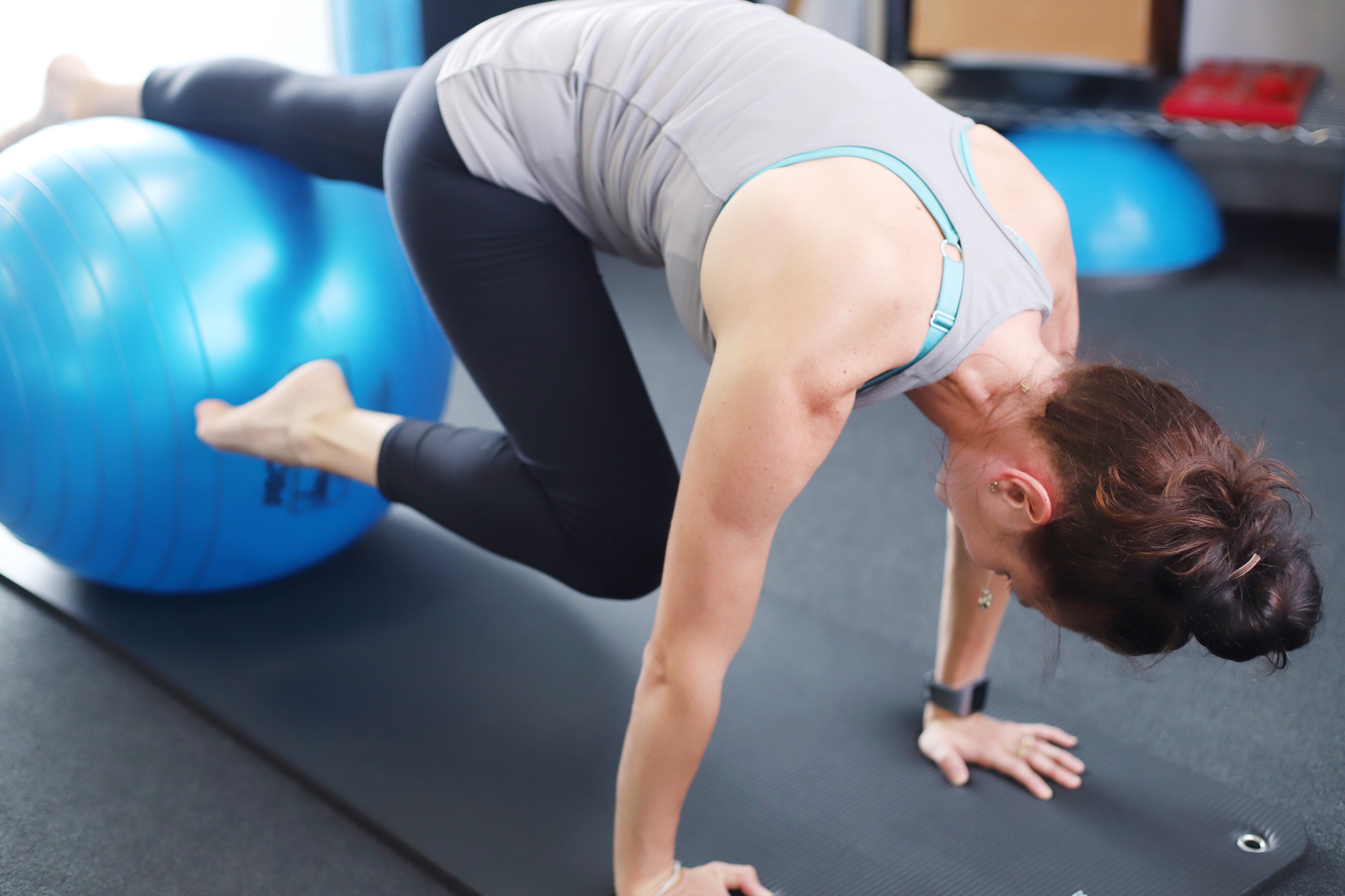 After the assessment has taken place, your Physiotherapist will design a Pilates program that is specific to your findings. As Physiotherapist’s we know that everyone is unique and so is their injury. This individually designed Pilates program means that we can look after your specific concerns and level of fitness. It also means you can go at your own pace and will allow you to see your progress over a 6 week period before requiring a new program.
After the assessment has taken place, your Physiotherapist will design a Pilates program that is specific to your findings. As Physiotherapist’s we know that everyone is unique and so is their injury. This individually designed Pilates program means that we can look after your specific concerns and level of fitness. It also means you can go at your own pace and will allow you to see your progress over a 6 week period before requiring a new program.
3 One-on-one core training
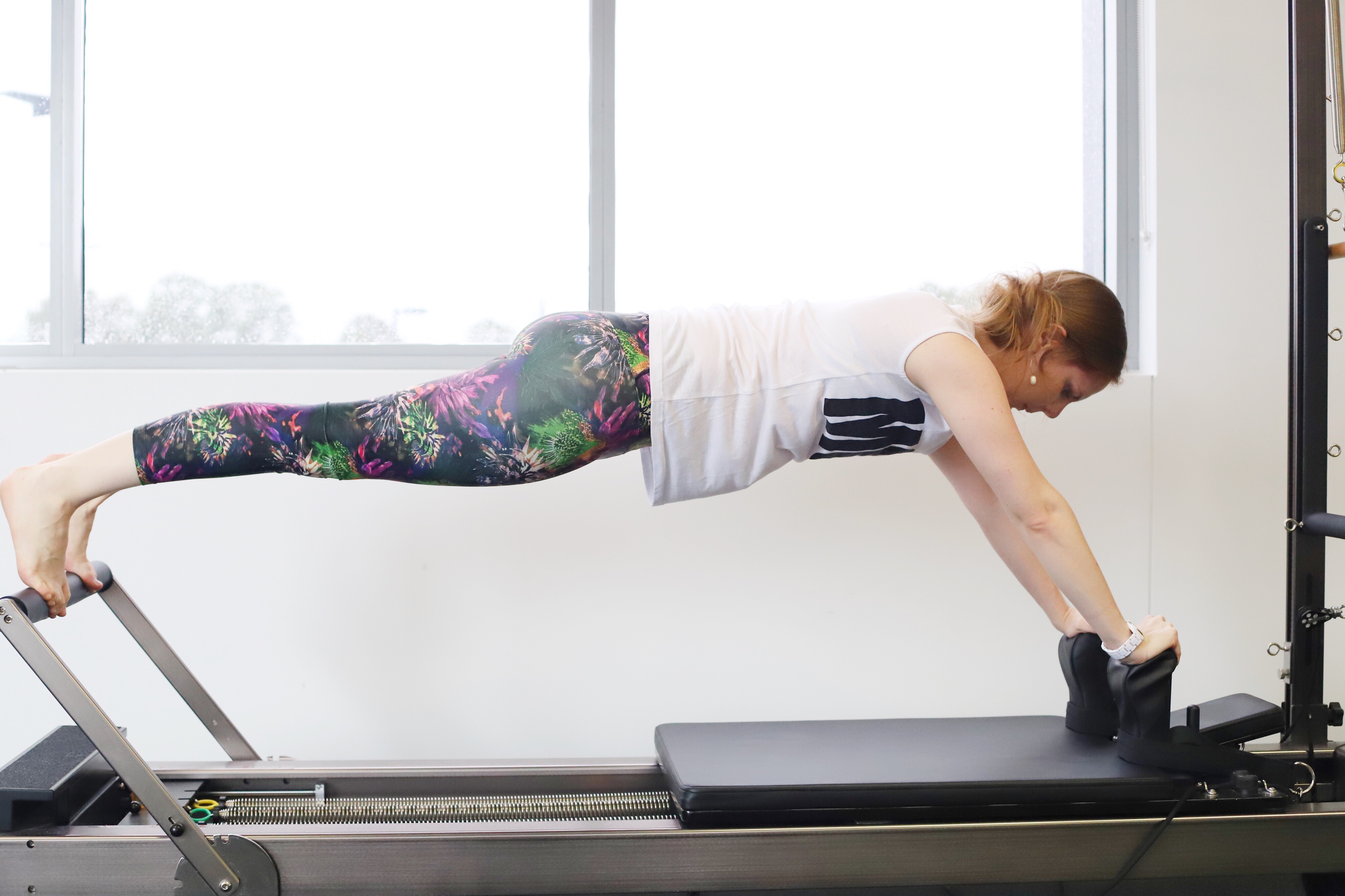
One of the things that people miss out on in a general Pilates class is the foundation teaching of the core. Often you don’t really know what you are expected to do or if you are doing it right. In these one-on-one sessions we can use the real time ultrasound to visually assess your core activation and take the time to teach you neutral spine and basic core anatomy and alignment. This is also the time that the Physiotherapist will start to teach you some of the exercises that will be included in the class, allowing you to ask any questions and feel comfortable learning something new.
4 Rebate Claimable
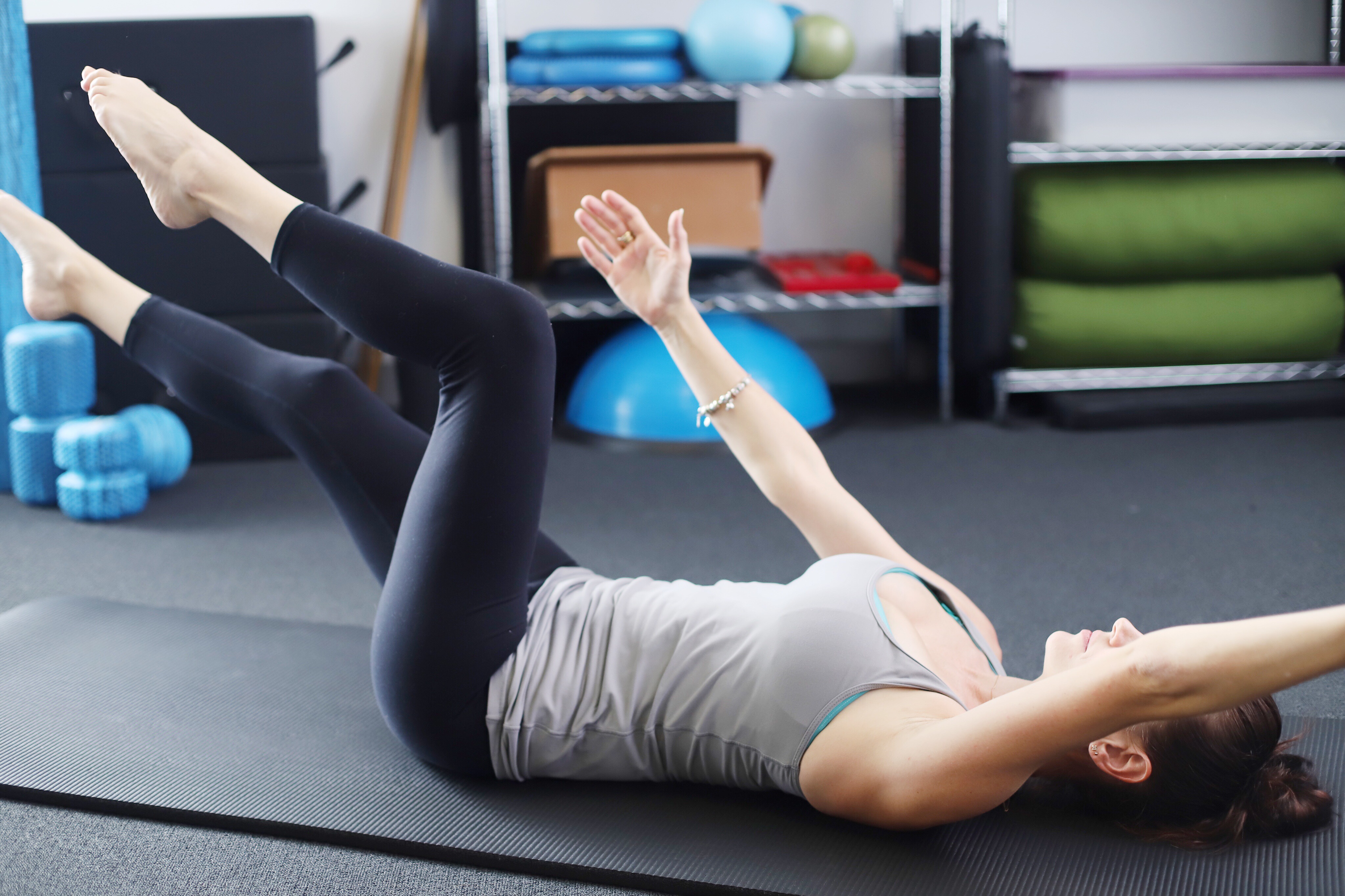
Your health is important but we know that sometimes trouble with finances can put health on the back burner. The bonus with Clinical Pilates is that it is recognised by most private health funds as an important part of rehabilitation and maintaining your health. We have a HICAPs machine on site which means you can claim straight away and only have to pay the gap for each class. Just contact your health fund if you are unsure whether they will cover Clinical Pilates classes.
5 Supervised by Physiotherapist or Exercise Physiologist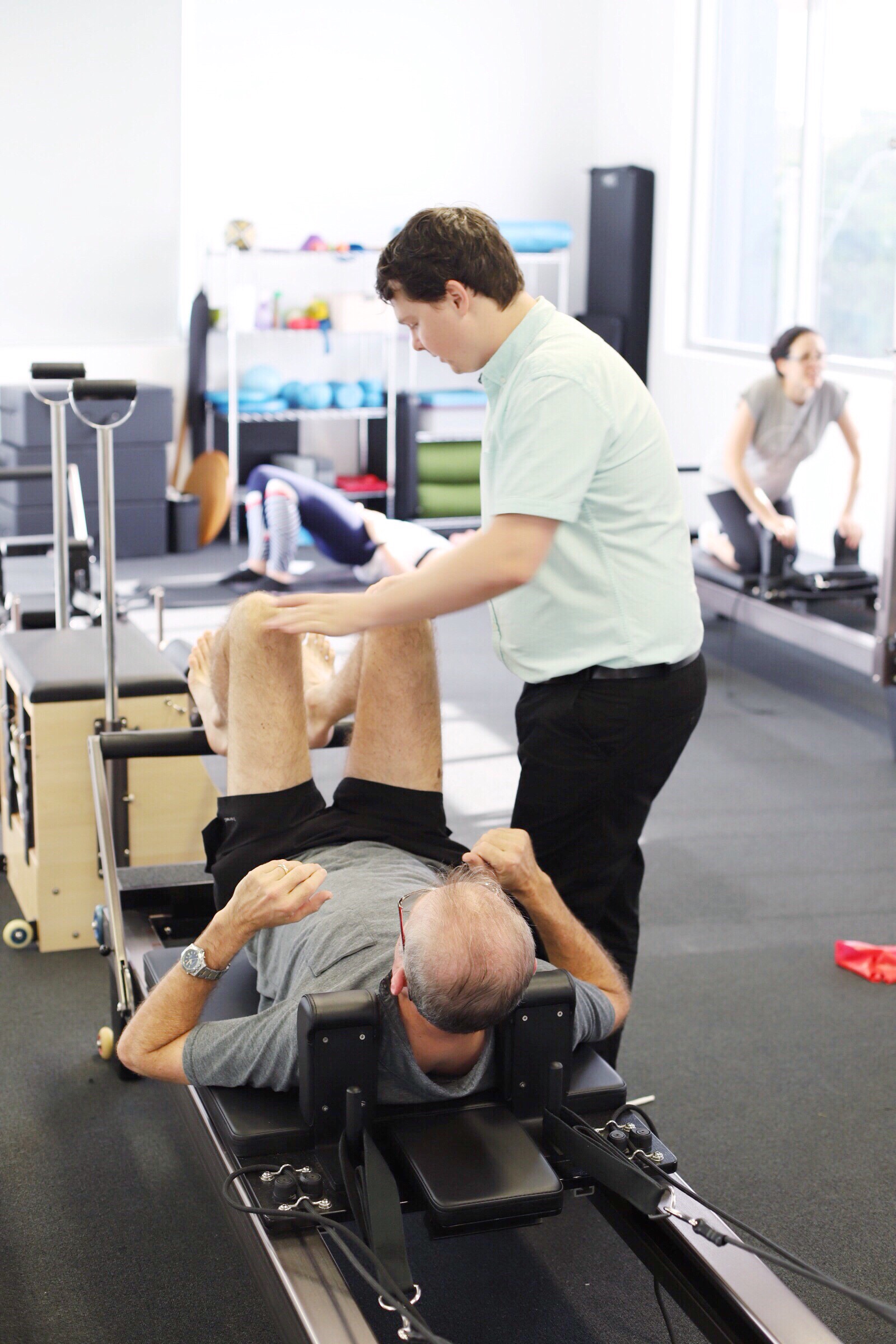
Now that you have your individual program has been written you will still need some guidance while in the class setting. We will always have either a Physiotherapist or Exercise Physiologist running the class to help answer any questions and provide hands on cueing to ensure you are getting the most out of your program.
6 Small classes
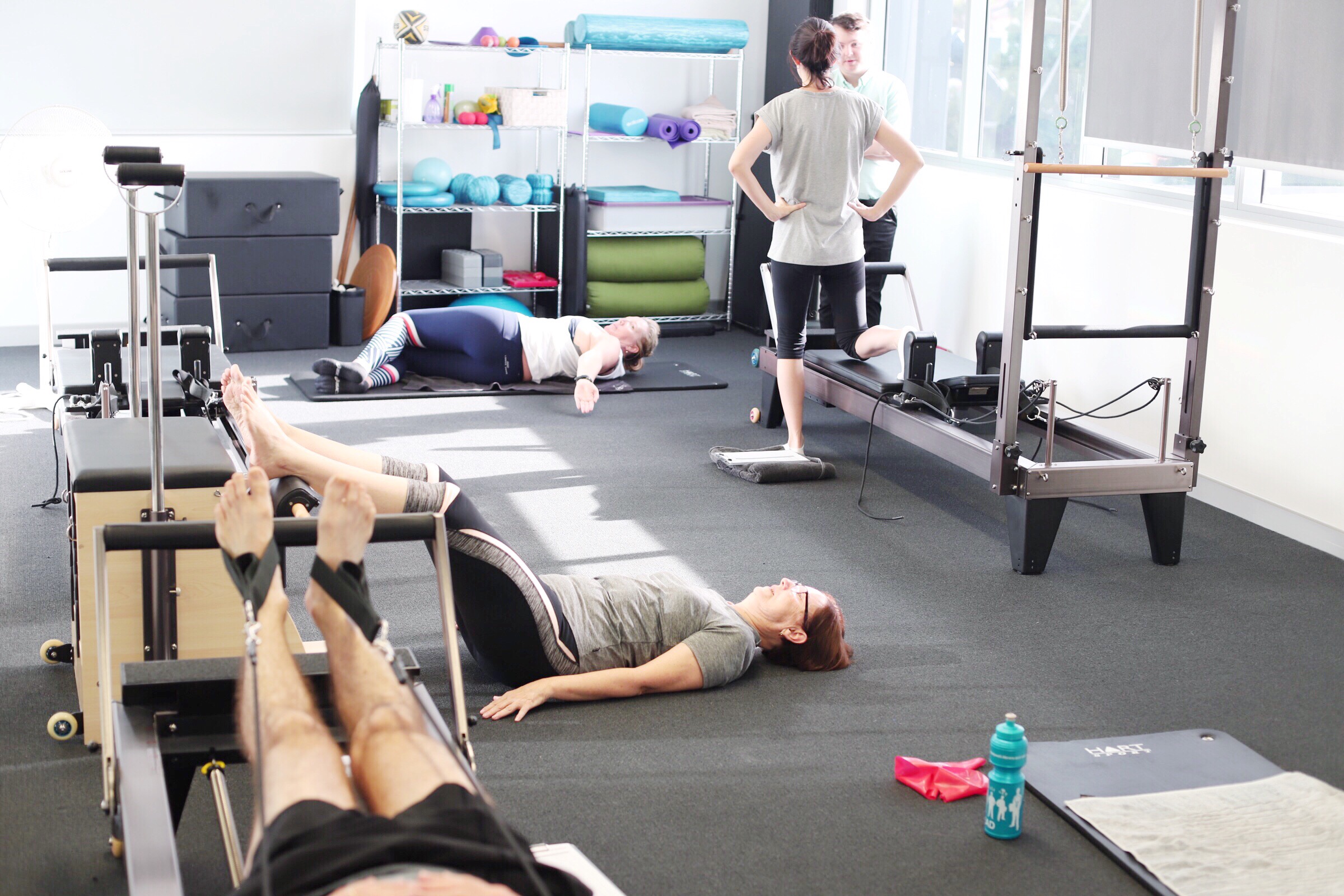
Don’t like feeling lost in the crowd? Gym classes often can be overflowing with people and you don’t feel like you are getting the most out of your Pilates class. We cap our classes at 5 participants to makes sure our attention and the hands-on help that is required to get the best results is readily available. You can feel at home in our exercise space, make friends with other people in your class and ask your supervisor any questions.
7 Use of different equipment
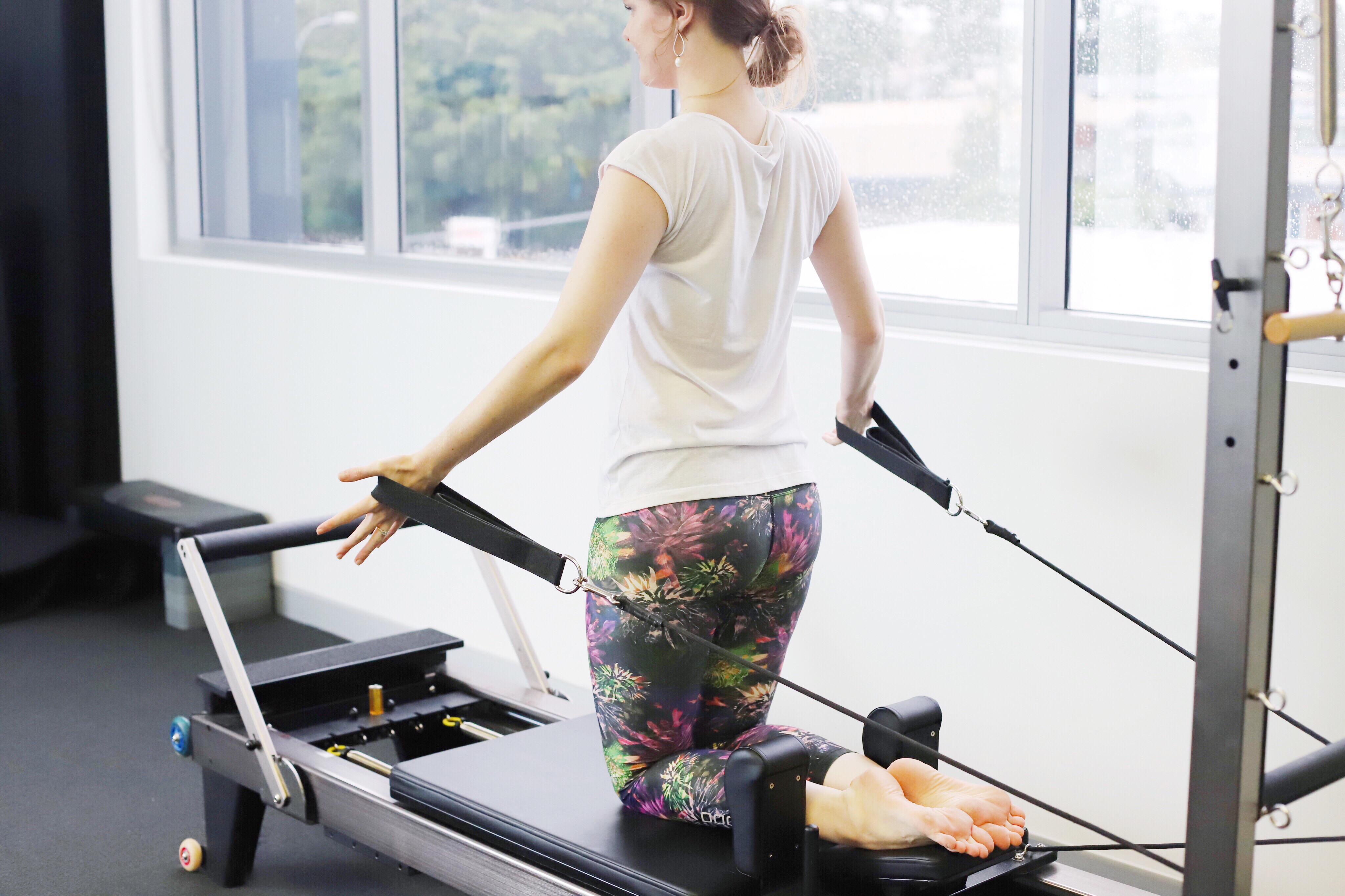
Doing one form of exercise can get boring for your brain and for your body. We design all of our programs to include mat, reformer and ball work for some variety. The different pieces of equipment challenge you and highlight different areas of weakness. Matwork is always included so you can learn some exercises that you can independently complete at home. We also incorporate the use of some new equipment called the Wunda chair and Pilates tower.
8 Education and self-awareness
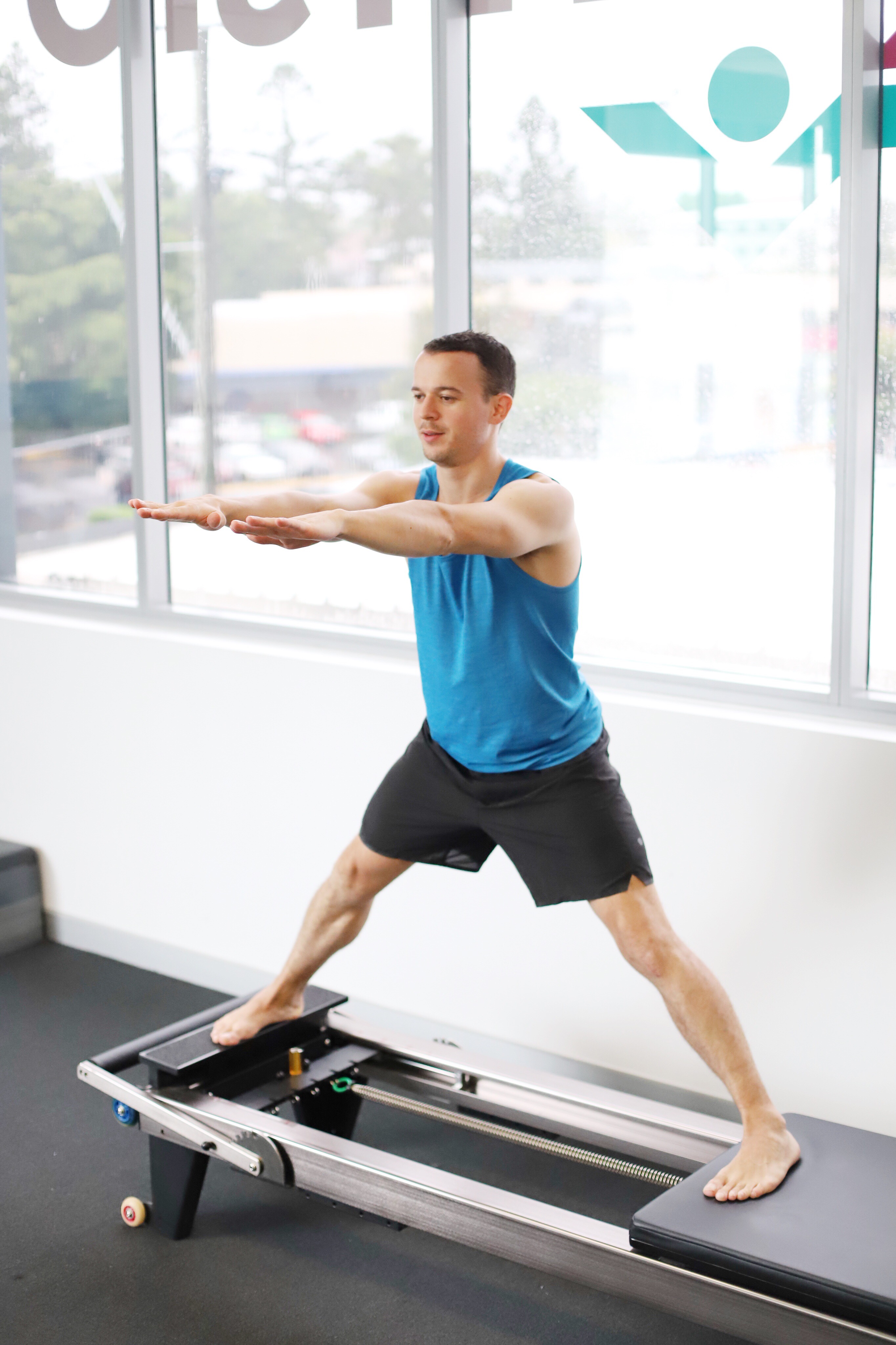
My biggest passion with Pilates is educating you on how to listen to your body. Through your individualised program and one-on-one teaching we can establish good habits that allow you to become more aware of your posture, weaknesses, pain causing habits and how to change these in your day to day life. We want you to know as much as possibly about your body and this is how we prevent injuries.
9 Consistent progressions/ improvements
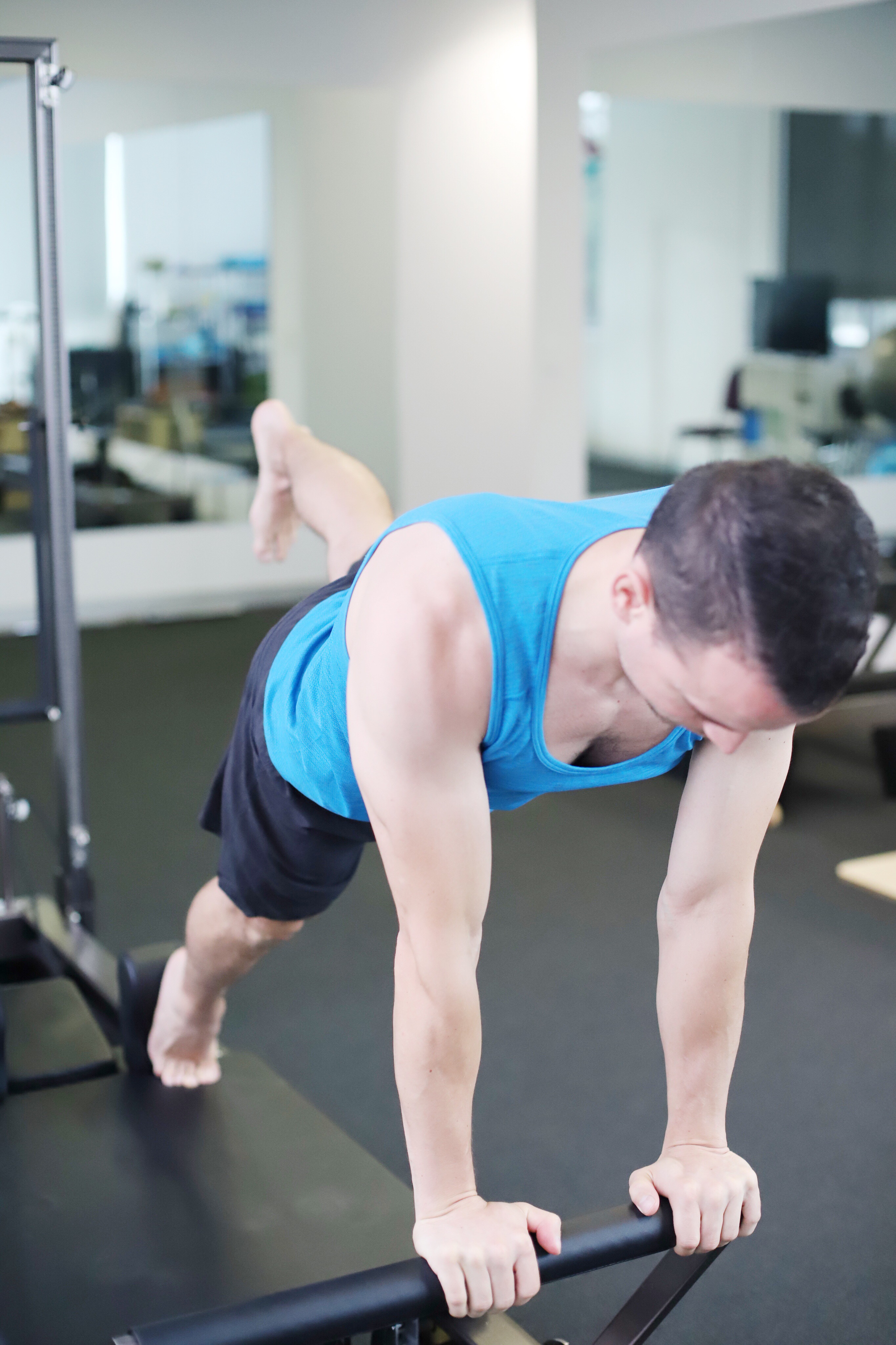 Because all of the classes are supervised (see point 5), they are then able to progress or modify your exercises in the class as required. Each 6 weeks your program is then updated after a quick re-assessment in the Physiotherapy rooms. This ensures we continue to work towards your goals as you get stronger, more flexible and more mobile. The small class sizes make it easy for us to monitor your progress and for to ask your Physio or ExPhys for any modifications.
Because all of the classes are supervised (see point 5), they are then able to progress or modify your exercises in the class as required. Each 6 weeks your program is then updated after a quick re-assessment in the Physiotherapy rooms. This ensures we continue to work towards your goals as you get stronger, more flexible and more mobile. The small class sizes make it easy for us to monitor your progress and for to ask your Physio or ExPhys for any modifications.
10 Goal achieving – rehabilitation and high level
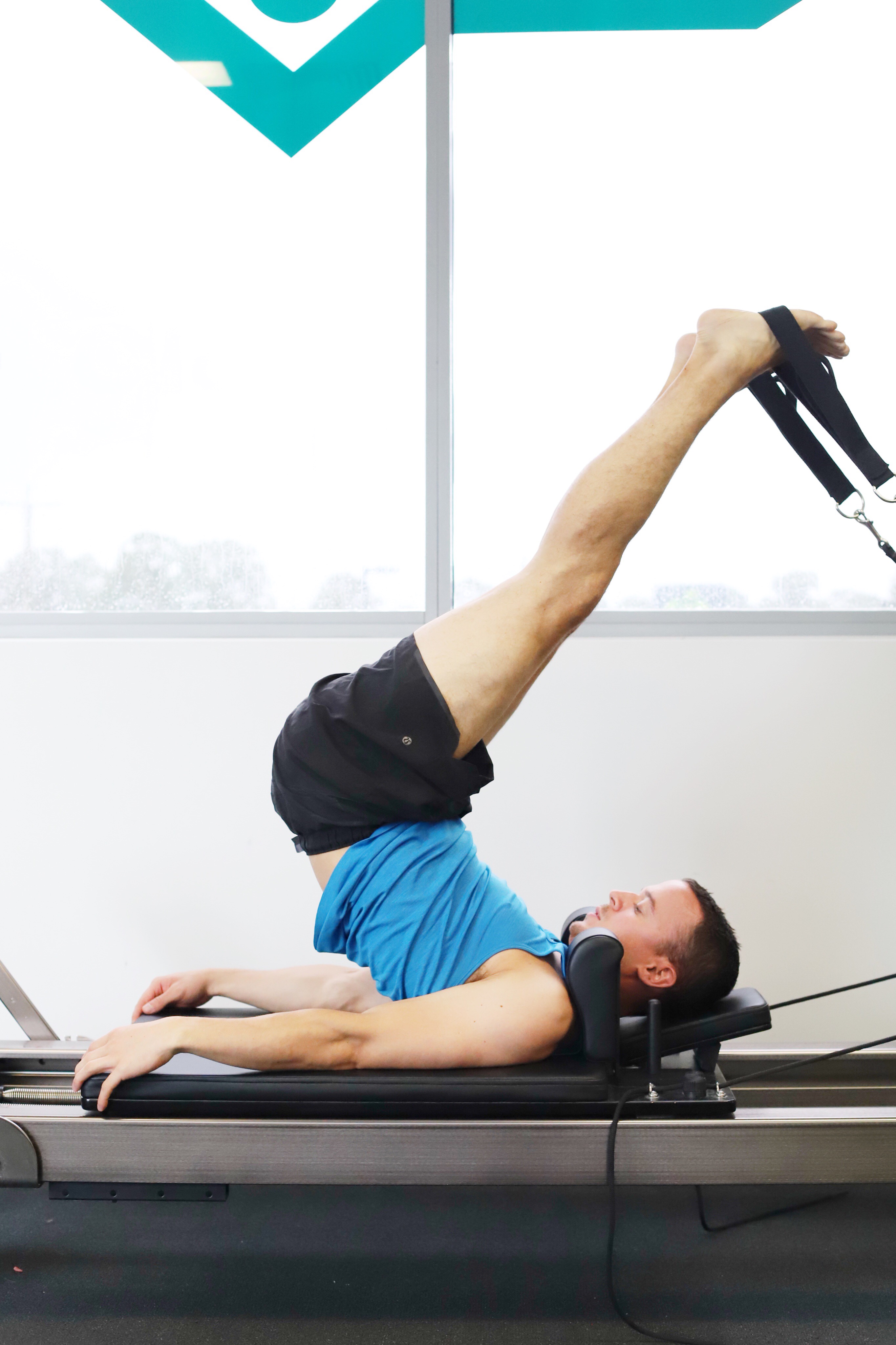
Pilates isn’t just for rehabilitation and injury prevention. Originally it was used for high level athletes including dancers for strength and posture – they need to prevent injuries too! Because of your individual program we can work with you all the way up to a high level of core strength and control, making all your class mates envious. I find a lot of the higher level exercises are very fun to complete and give you a great sense of achievement. So even if you don’t have any conditions or injuries, you can still work on posture and strength through your program.
So head to our Clinical Pilates page to see more information on our classes, check out our timetable and give us a call on 07 3354 1819 to book in for a class.
Bess Wilkins
Physiotherapist

Bess is our Pilates and Women’s Health physio at the practice. She designs individual programs that range from acute rehabilitation to injury prevention which compliment her hands-on treatments of both chronic and acute musculoskeletal conditions. Bess has a special interest in women’s health, specifically obstetrics with the management of pain and dysfunction during pregnancy as well as maintaining prenatal and postnatal fitness with Pilates.
768 Stafford Rd, Everton Park, QLD 4053





No Comments